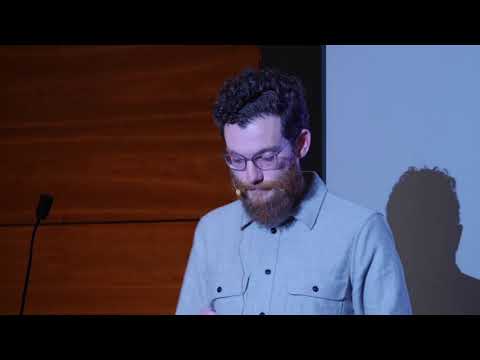
Trevor Bedford, PhD
“Genome sequences should be released to the community as soon as they’re in a cleanly sharable state. In these sorts of analyses, the genome sequence itself isn’t so useful or relevant, it’s the differences between sequences that gives insight into evolution and transmission. We need to pool data to really understand what’s going on.”
Trevor Bedford, Ph.D., is an Associate Professor of the Divisions of Vaccine and Infectious Disease, Public Health Sciences, and Human Biology at Fred Hutch. He also serves as an Affiliate Associate Professor in the Departments of Genome Sciences and Epidemiology at the University of Washington.
Dr. Bedford uses powerful computers and complex statistical methods to study the rapid spread and evolution of viruses in order to promote the development of successful strategies for monitoring and controlling infectious diseases, including seasonal and avian influenza, Ebola, Zika, SIV, MERS-CoV, dengue, and mumps. His visual representations of viral family trees are used to show how the fate of dangerous outbreaks is often determined by the genetics of the infectious agent, human behavior, and geography. Dr. Bedford has applied these techniques to documenting the worldwide spread of seasonal flu viruses. Currently, he is developing models to predict which strains of influenza are likely to be most challenging to humans — data that help inform the crucial early decisions about which strains to include in annual flu shots. He specializes in tracking the evolutionary changes of RNA viruses such as HIV and influenza, which are much more prone to rapid mutation and therefore are particularly nimble at escaping the human immune system and difficult to stop with vaccines.
A leading advocate for the immediate release of research analyzing viral evolution during epidemics, he co-developed the open-source Nextstrain platform, in use by the World Health Organization, to provide a continually-updated view of publicly available data alongside powerful analytic and visualization tools to harness the potential of pathogen genomic data.
Dr. Bedford earned his B.A. in biological sciences from the University of Chicago and his Ph.D. in biology from Harvard University. He has been honored for his work at the interface of evolution, epidemiology, and virology with the Maximizing Investigators’ Research Award from the National Institute of General Medical Sciences (NIGMS); Pew Biomedical Scholar Award; and the Open Science Prize from the National Institutes of Health, Howard Hughes Medical Institute, and Wellcome Trust.





